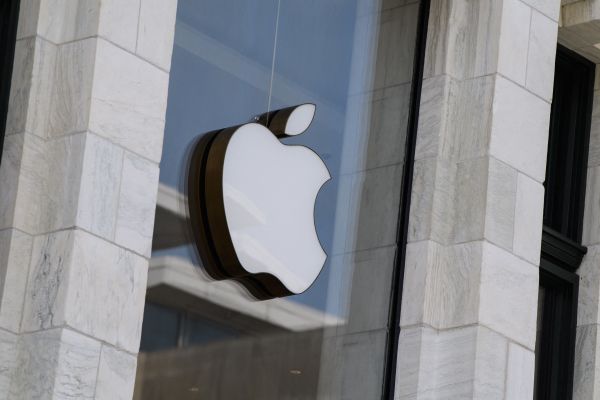Apple is poised to launch its Apple Pay service in South Korea, one of the fastest-growing countries in the world for cashless services, yet as of right now untapped by both Apple and the other major smartphone platform player, Google. South Korea’s financial regulator is currently reviewing the Apple Pay service launch clause submitted by local credit card company Hyundai Card, the Financial Supervisory Service (FSS) confirmed to TechCrunch.
The FSS declined to provide further details. According to this Yonhap Infomax reportthe FSS’ review to offer approval for Apple’s digital payment service could take between one and two months, completing as early as the end of this month.
Apple Pay will support Hyundai Card, a financial unit of Hyundai Motors. Hyundai Card reportedly has a one-year exclusive partnership with Apple Pay in South Korea — meaning initially only Hyundai Card holders will be able to use Apple Pay service in the country.
Hyundai Card declined to comment. Apple did not respond when reached by TechCrunch.
Rumors of an Apple Pay launch in South Korea have been swirling since last month when an iPhone user posted on a blog what appeared to be the terms and conditions of Apple Pay in South Korea, which included details of Apple Pay’s involvement with Hyundai Card. It also said the terms and conditions will officially take effect from November 30, 2022.
Hyundai Card, which has yet to release an official statement, did not comment on whether the leaked document was authentic.
Despite being home to some of the world’s biggest Android device makers, South Korea is still a strong market for Apple’s iPhone. As of October 22, iOS had a 31% market share in the country. Enabling Apple Pay would give those and other Apple device users access to an Apple wallet for storing and using payment methods to make purchases in person and online.
South Korea is one of the world’s most digitally-switched-on markets, with high broadband and mobile penetration and usage patterns, and fintech overall and mobile payments in particular. Even before the pandemic and the global boost that it gave e-commerce globally, cash accounted for only 17.4 percent of total transactions in 2019 in South Korea.
But while smartphone operating system giants Google (Android) and Apple (iOS) are synonymous with mobile payments and mobile wallets in some markets, they’ve been absent in South Korea, where local mobile payment service providers, such as Naver Pay, Kakao Pay and Samsung Pay have the most widely used in the country.
That is not because Western companies have not tried. Apple Pay and Google Pay reportedly have been trying to break into South Korea since 2020 and 2017, respectively. Some have said that one of the issues was the lack of NFC support at payment terminals: near-field communication, the low-power radio system allowing short-range data transfer at distances around 3 inches, or 10 centimeters, between a terminal required by Retailers and a device, is core to how Apple Pay and Google Pay work.
In South Korea, only about 10% of 2.9 million local retailers have NFC enabled in their credit card terminals. Mostly, Korean retailers use magnetic secure transmission (MST), a mobile payment technology allowing smartphones to transact wireless payments with traditional credit card swipe readers and terminals. Once Apple’s payment service is introduced, most local retailers will need to set up new terminals for NFC payments for Apple Pay users. (Samsung Pay uses both MST and NFC.) Apple would purportedly require the card issuer to pay a commission rate of 0.1 or 0.15 percent of the transaction amount.
If (or when) Apple Pay goes live in South Korea, it will be the eleventh country in the Asia Pacific to support Apple’s wallet and digital payment service. The Cupertino-based firm is already operating its payment services in Australia, China, Hong Kong, Macao, Taiwan, Japan, Singapore, Kazakhstan, Malaysia and New Zealand.
